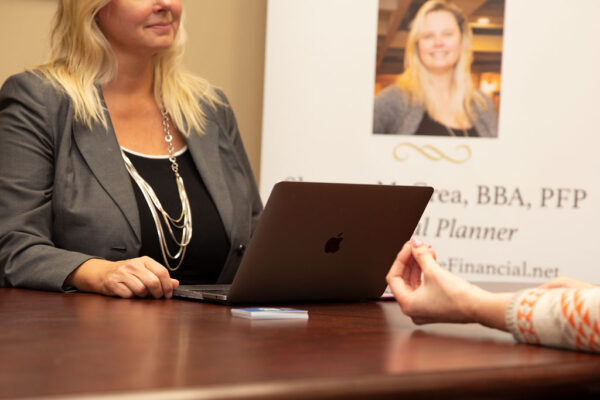We can learn a lot about becoming our clients’ Trusted Financial Expert from the book, “The Trusted Advisor” by David Maister. The key to professional success is the ability to earn the trust and confidence of clients.
1. The Trusted Advisor: Puts clients’ interests in front of their own
As David Maister puts it in The Trusted Advisor, “there is no greater source of distrust than advisors who appear to be more interested in themselves than in trying to be of service to the client. We must work hard to show that our self-orientation is under control.”
2. The Trusted Advisor: Works really hard to understand the client’s needs and wants
As Steven Covey so succinctly puts it in The Seven Habits of Highly Effective People – “Seek first to understand and then to be understood”. It’s vital that you take the time to dig below the surface.
3. The Trusted Advisor: Is reliable – does what they say they will do
“I’m not upset that you lied to me, I’m upset that from now on I can’t believe you” (Friedrich Nietzsche) This one’s obvious isn’t it? So I don’t need to say much, do I?
4. The Trusted Advisor: Is a credible expert
Credibility is important. Authority is one of the major recognized factors of influence. Clients are more likely to trust and be persuaded by people who they regard as credible, authoritative experts. So – become an expert! Seriously.
5. The Trusted Advisor: Is genuinely interested in their clients
Dale Carnegie was bang on when he said “You can make more [clients regard you as their Trusted Advisor] in two months by becoming interested in other people than you can in two years by trying to get other people interested in you.” OK, Dale actually used the word “friends” but the philosophy behind this is still sound.
6. The Trusted Advisor: Gets up close and personal
Even though your clients and contacts won’t all become your best friends, it would be a good base point that they at least all liked you! Likeability is a huge factor of influence. The old adage about people tending to want to do business with people they know, like and have come to trust really is true.
7. The Trusted Advisor: Connects emotionally
Trusted advisors understand that it’s vital that they try to make an emotional connection with their clients. The good ones do it by using stories, anecdotes, examples, analogies, imagery, visual aids, and even some light humor.
8. The Trusted Advisor: Is genuinely passionate and enthusiastic
Genuine passion and enthusiasm about your work, your clients, and your desire to help are impressive. Your body language and your verbal language should exude energy.
9. The Trusted Advisor: Is authentic
“Be yourself; everybody else is taken” (Oscar Wilde) It’s imperative that you find
10. The Trusted Advisor: Is in it for a long term relationship not short term gain
You have to be prepared to invest some time in meeting, calling, emailing and generally staying in touch with people, even (in fact especially) when you don’t actually have any fee-paying work with them
